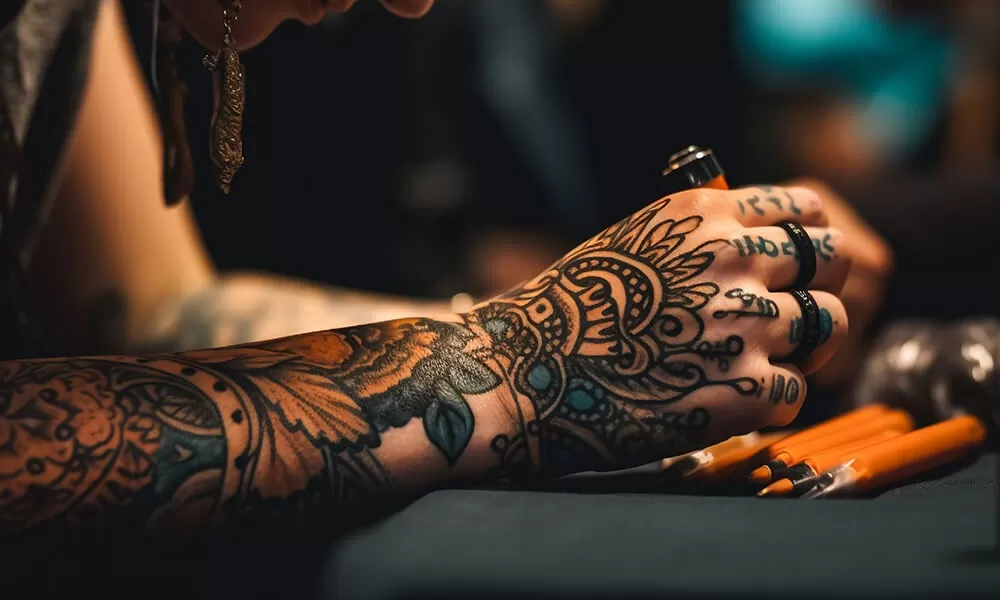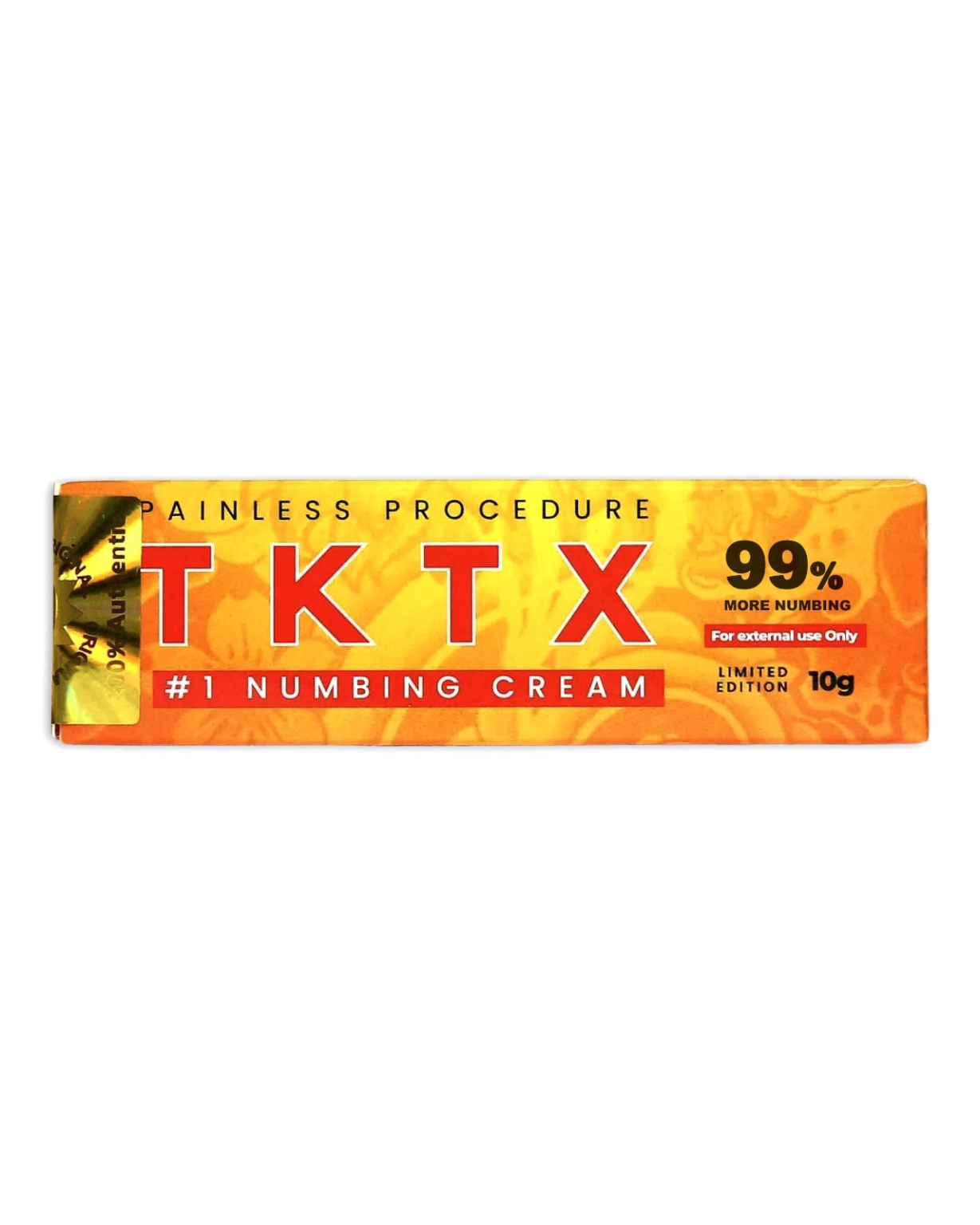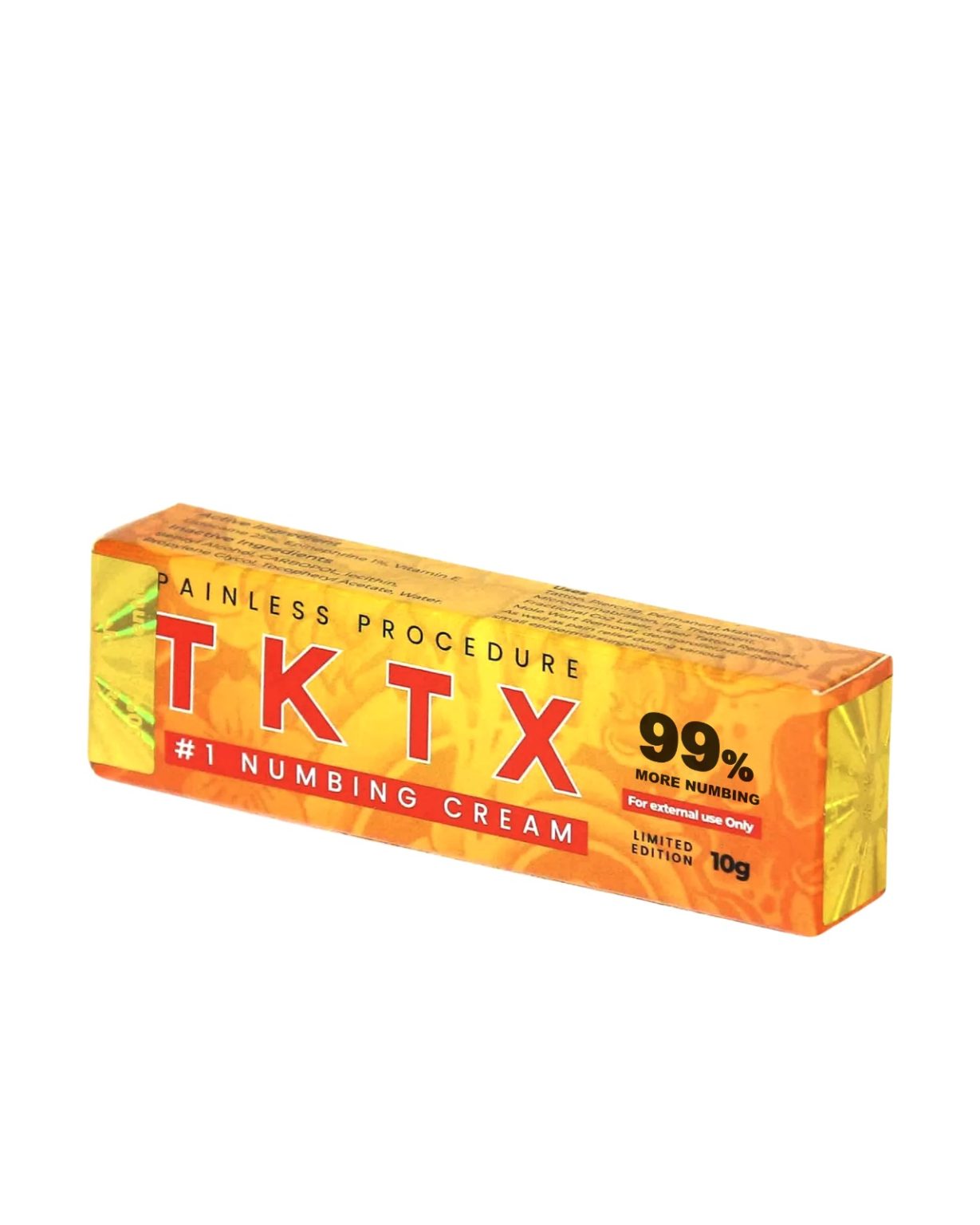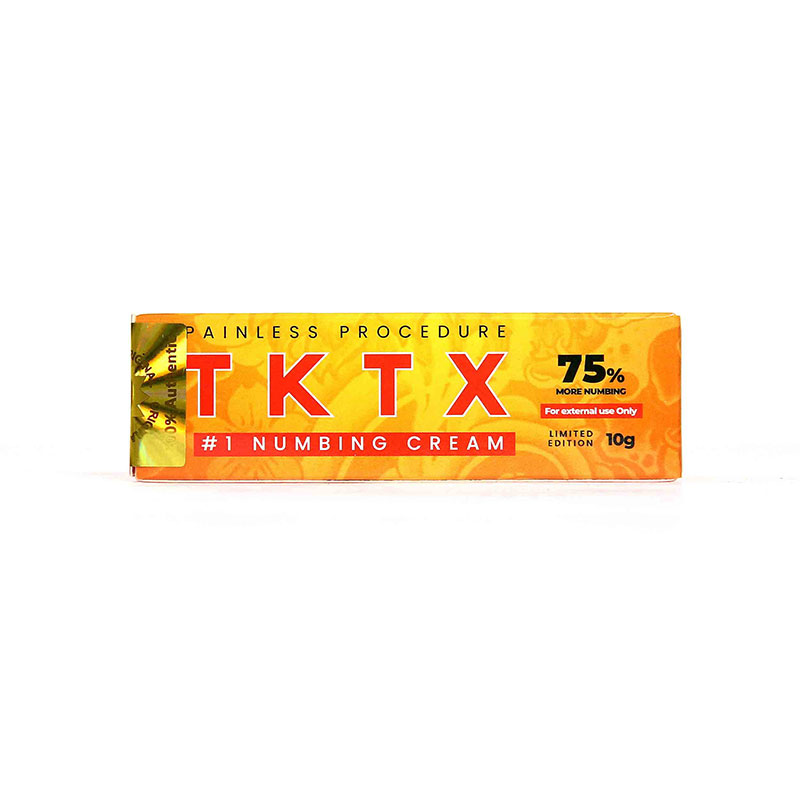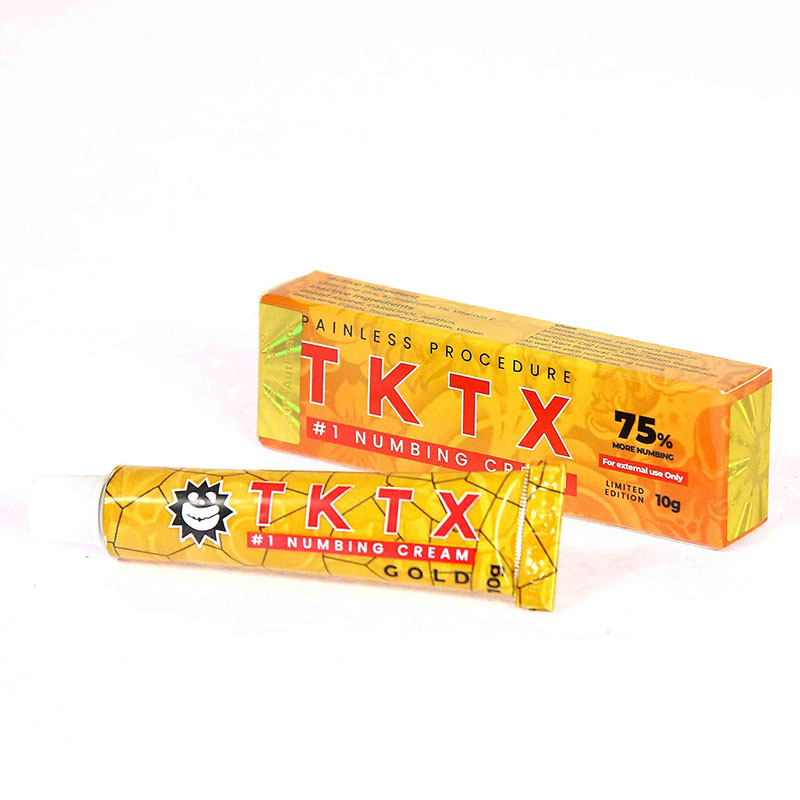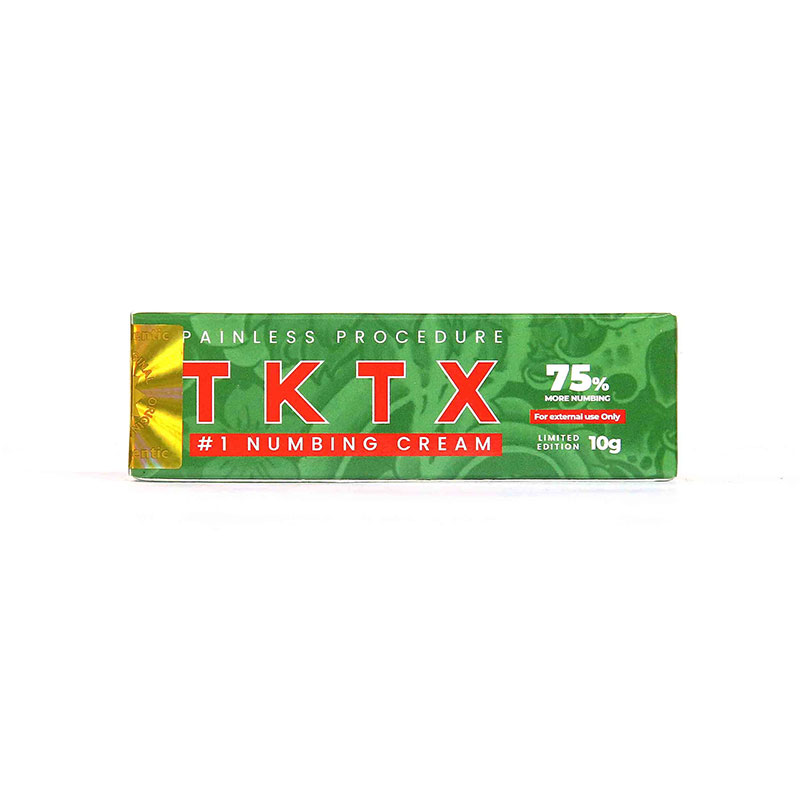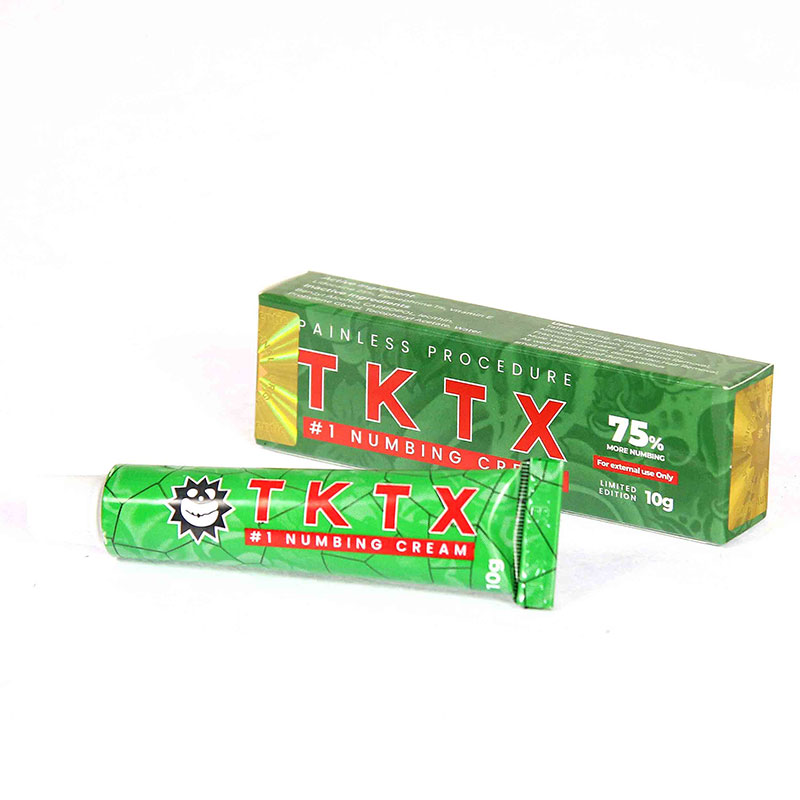Geen onderdeel van een categorie
How tattoos can help during and after a burnout
[joli-toc]
A burnout is a serious condition of physical, emotional, and mental exhaustion caused by prolonged stress. For many people, recovering from a burnout can be a long and arduous process. Interestingly, there are more and more stories of people getting a tattoo after a burnout as a symbol of their recovery and personal growth. These tattoos, often referred to as a depression tattoo or a tattoo to overcome burnout, not only provide a way to close a difficult chapter but also serve as a lasting reminder of their resilience and strength.
What is a Burnout?
Before we delve into how a tattoo after a burnout can help, it’s important to understand what a burnout actually is. A burnout usually results from prolonged exposure to stress, often in the workplace, but can also be caused by other factors. Symptoms include extreme fatigue, cynicism, reduced performance, and both physical and emotional exhaustion. Recovery can take months or even years and often requires lifestyle changes, therapy, and sometimes medical treatment.
What is a Tattoo After Burnout?
A tattoo after burnout is a tattoo specifically created to symbolize the struggle with and recovery from a burnout. This can range from a small, subtle symbol to an extensive and detailed image. The goal is to have a visual and permanent mark that reminds the person of their journey, their victories, and their commitment to self-care and well-being.
Symbolism of a Tattoo After Burnout
Many people choose symbols that represent hope, rebirth, resilience, or personal growth. Here are some common symbols and their meanings:
- Phoenix: A mythical bird that rises from its own ashes, symbolizing rebirth and new opportunities.
- Lotus Flower: A symbol of purity and rebirth often associated with overcoming difficult times.
- Tree: Represents growth, strength, and stability. A tree with deep roots can be a powerful symbol of recovery and resilience.
- Small Personal Symbols: These can be initials, dates, or specific images that hold personal meaning for the wearer.
Tattoo to Overcome Burnout
The process of getting a tattoo can be a powerful tool in overcoming a burnout. Choosing a tattoo design and undergoing the tattooing process can be a form of self-expression. It helps people externalize their experiences and create a physical symbol of their struggles and victories. A tattoo can then serve as a constant source of strength and motivation. Every time someone sees their tattoo, it can remind them of their resilience and courage, helping to strengthen their mental health. Getting a tattoo can also be a ritual of closure and a new beginning. It symbolically marks the end of a difficult period and the start of a new phase in life. Many people who get a depression tattoo or a tattoo after burnout feel connected to others who have shared the same experience. Wearing a recognizable symbol can create a sense of community and understanding.
Personal Stories
Many people have shared personal stories about how their tattoo after burnout has helped them. These testimonies can be inspiring and encouraging for others undergoing similar challenges.
- Stiene’s Story: After a prolonged burnout, Stiene decided to get a tattoo as a symbol of her recovery. She chose a phoenix because it symbolized rebirth after a period of extreme exhaustion for her. “Every time I look at my tattoo, I remind myself that I am stronger than I ever thought,” says Stiene.
- Sanne’s Lotus Flower: Sanne got a lotus flower tattoo to mark her recovery from a burnout. The lotus flower, which grows and blooms from the mud, symbolizes her journey from dark times to a place of personal growth and clarity. “The tattoo helps me be proud of my path and reminds me of the beauty that can come from difficult times,” shares Sanne.
- Tom’s Tree of Resilience: Tom chose a tattoo of a tree with deep roots and outstretched branches. For him, it symbolizes his resilience and the growth he has experienced after his burnout. “The tree reminds me to stay grounded and continue growing, regardless of the challenges that lie ahead,” explains Tom.
The Role of the Tattoo Artist
The role of the tattoo artist is crucial in the process of getting a tattoo after burnout. An empathetic and understanding tattoo artist can positively influence the experience. A good tattoo artist will take the time to listen to the client’s story and understand the meaning behind the tattoo. The artist can also help in choosing a design that expresses the desired symbolism in the best possible way. By providing a comfortable and supportive environment, the artist can help make the experience less stressful.
Aftercare and Mental Health
Caring for a new tattoo is not only important for physical healing but can also have a positive impact on mental health. The aftercare process provides an opportunity for self-care and self-reflection. Here are some tips for caring for a new tattoo:
- Cleaning: Keep the tattoo clean to prevent infections. Use mild soap and lukewarm water.
- Hydration: Apply a thin layer of recommended ointment or lotion to keep the skin hydrated.
- Protection: Avoid exposure to the sun and immersion in water until the tattoo is fully healed.
Emotional Healing Through Tattoos After Burnout
Tattoos can be an important tool in emotional healing, especially after traumatic experiences like a burnout. The process of choosing and getting a tattoo can be therapeutic. A tattoo can serve as a daily reminder of the obstacles you have overcome. It reminds you that you are stronger than you think and that you can face any challenge. Many people choose symbols that have personal and deep meaning. These symbols can provide comfort and inspiration during difficult times. Tattoos give people the opportunity to express their story and emotions in a visual and permanent way. This can help in processing feelings and finding peace with the past.
The Social Aspect of Tattoos After Burnout
Besides personal healing, tattoos can also serve a social function. They can spark conversations and create connections between people with similar experiences. People with similar tattoos or meanings can feel connected to each other. This can create a sense of community and mutual understanding. Tattoos can also initiate conversations about important topics such as mental health, resilience, and recovery. This can help break down stigmas and raise awareness. By sharing their stories and tattoos, people can inspire others who are going through similar challenges. This can have a powerful effect on the broader community.
